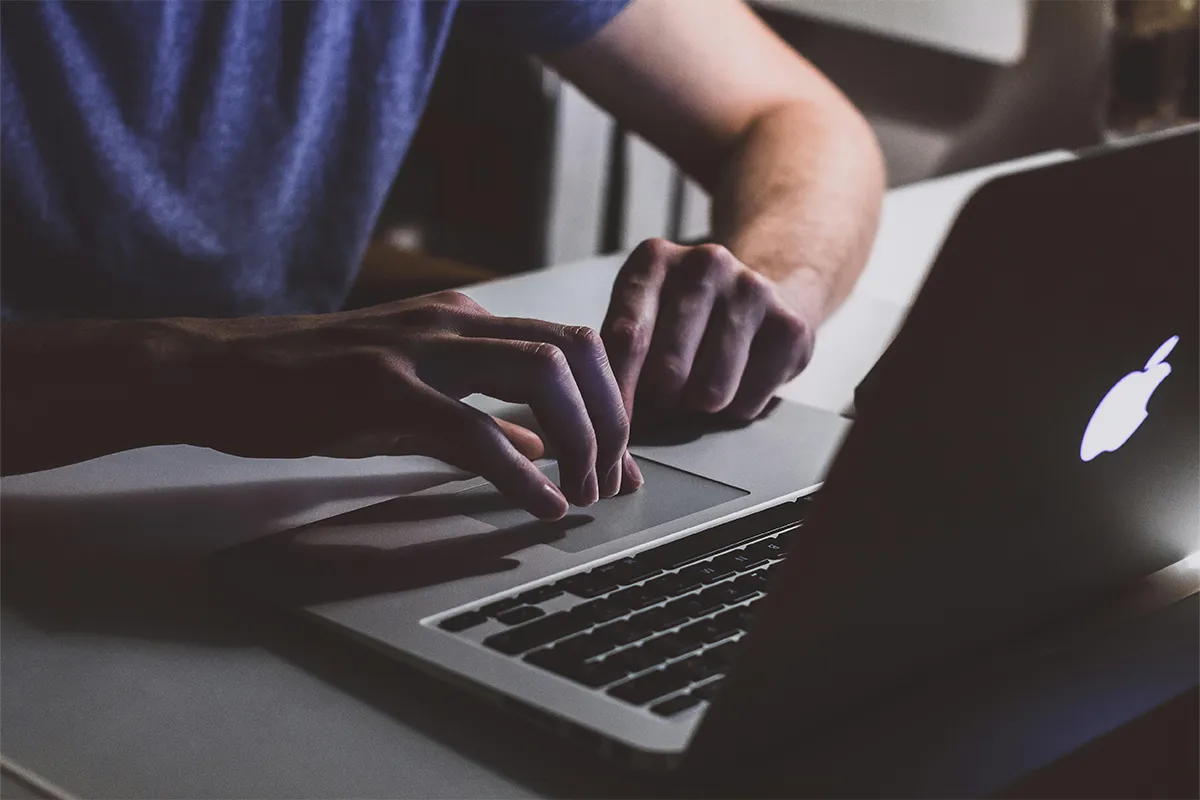It is very important to handle emails well to save time, stop confusion, and do more work. If you sort out your emails, you can go through your inbox better. You can answer the important ones without too much useless information or mess.
In work, it is a very big deal to be good at emails when people work together or talk to clients. Think about having many talks about different projects or with different clients. If things are not organized well, you might get confused or miss deadlines. Good email-keeping makes sure each talk stays about one thing. This helps you and your team to keep up with what you need to do.
This writing wants to give you tips to handle your emails well. If you use these tips, you will talk better, be more organized, and get more done.
1. Keep the emails relevant
It is very important to keep emails on topic. Your emails should only be about the thing you are talking about. Going off topic can make people confused and make the email talk too crowded.
When the talk moves to a new thing, change the email’s subject line too. This little change makes it easy for everyone to know what the email is for. The right subject lines save time and help you find emails later.
It is also a good idea to make the main points clear in your emails. Then, everyone can know the important parts without having to read a lot of extra stuff. Using bullet points or lists is a good way to make emails simple and clear.
When you focus on making emails about the right thing, you stop confusion. You also make your talking better. This way, the talk keeps being helpful. It also makes it simple to check how the work or talk is going. 1. Using these strategies makes your workplace more efficient. Your emails will have a clear purpose and not too much information.
2. Check if a reply is necessary
See if you need to answer before you press the “Reply” button. Not all the emails need you to write back. When you do not need to reply, you help keep the communication clear. Ask yourself if the email needs you to act right now. Think if the person who wrote the email is waiting for an answer. Or is the email just for you to know something?
If you think about these things, you will save time. You will also make sure the conversation stays on topic. If you only reply when it is important, you will get fewer emails. This will let you and your team focus on what is really important.
When you get an email, you can just say, “Got it, thanks!” or “Noted, let’s go.” This is a quick way to show you have read the email. This shows you respect the person who sent the email, but you keep it short.
Your answers should be short. Do not add extra words or questions if they are not needed right now. If an email is very important, say you understand. But do not say more than you have to.
Use simple words to talk. Stay away from difficult words, long sentences, and things that are not clear. Say the most important things in your email. Do not add things that do not matter.
When you talk clearly, people can understand your email fast. They can answer quickly and do other work. This is very important when everyone is busy, and every minute is valuable.
3. Sort your emails with labels.
Use a good system of labels to sort out your emails. You can use different colors for different projects or clients. You can spot important emails fast with this system and do not waste time looking in your inbox.
Use a labeling system that matches how you work. You can make labels for different projects and important tasks and talk to clients. Using these labels all the time makes sure emails are sorted and easy to find.
Sorting emails helps you control your job and life better. Make groups like work emails, private messages, urgent ones, and ones to reply to later.
When you do this, you can sort your inbox without effort. With groups, you can deal with important things now and put off less important ones. This can make your workday more tidy, and you get more done. Think about the clear mind and better focus you get with tidy emails.
Making special folders or tags lets you find emails easily. Create them for each customer, part of a project, or team. This makes finding the emails you need fast and simple.
4. Do not use too many CCs
Think hard about if you need to CC people. Consider if they really need to be involved. Only include people in emails if they add to the conversation. This careful thinking helps make sure only the right people get the email and stops too much information for others. Make the correct use of CCs and BCCs in email to achieve outstanding results.
Keep emails relevant to the people involved. Using CC too much can fill up inboxes and distract people. When you add people that do not need to be there, the conversation loses focus. By only CCing the necessary people, you keep the talk clear and efficient. This helps everyone stay focused and on the same topic. For big group emails, use BCC to save the day. BCC keeps email addresses private. It also stops too many emails from being in your inbox. People like it when their emails stay secret. BCC stops too many ‘reply all’ messages. Use BCC right to keep talks easy and calm.
Conclusion
These good tips help a lot. Keep your emails to the point. This makes them easy to get and act on. It helps people make decisions fast. Think before you reply to stop too many emails. Make sure your messages help the talk. This saves time, keeps the chat useful, and makes your email more effective.
Then, sort your emails with labels. This helps you find old emails quickly. It is key for ongoing work talks. Also, do not use CC too much. This keeps your inbox clean. Only the right people get the emails. Less junk mail makes talks better. Use these ways to improve email communication and working.

